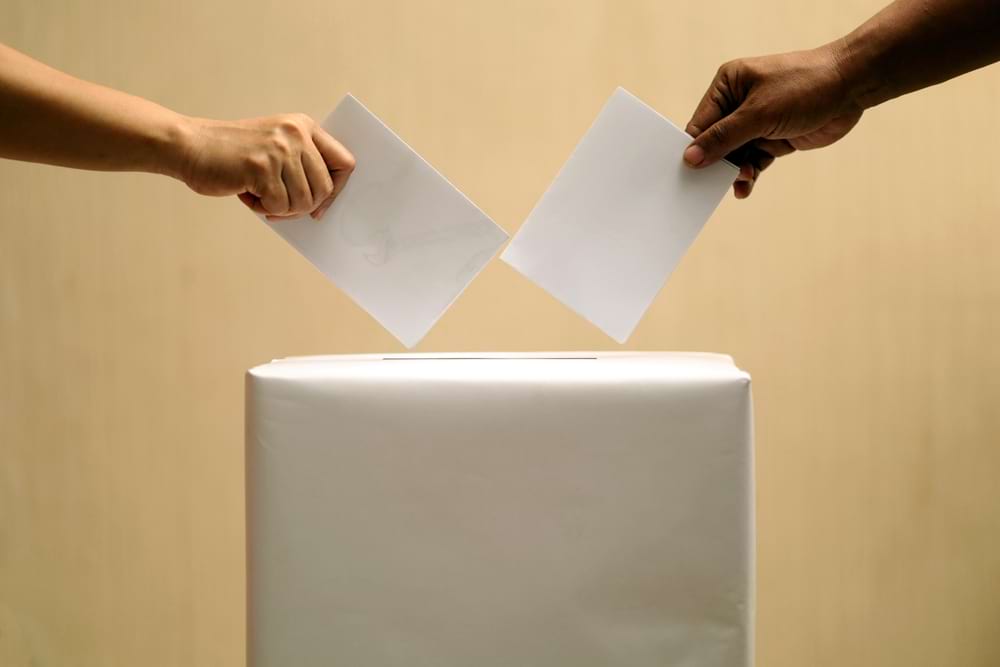Whether buying or selling a house, you’ll need to participate in an exchange of contracts.
It’s one of the final things in your house sale, so it can be exciting and stressful.
Read on to learn about the ins and outs of this process.
What is an exchange of contracts?
An exchange of contracts is when both the buyer and seller of a property sign the sale agreement.
These are then exchanged. At this point, the sale becomes legally binding under the terms that’ve been agreed to.
Exchange of contracts is one of the last things that happens in the house-selling process.
It often comes after months of:
- Viewings
- Negotiations
- Surveys
- Fund transfers.
Why the exchange of contract matters
The exchange of contracts is important because it puts the agreement in writing.
Neither party can pull out of the sale after this point without action being taken against them.
It’s the point at which you’ll start to book your removal van and look ahead to your next chapter.
Exchange of contracts vs completion
An exchange of contract is different to a completion.
The exchange of contracts is when the sale becomes legally binding, whereas completion occurs after the exchange of contracts.
The latter is when:
- The keys are handed to the new buyer
- The seller moves out
- The seller receives the funds from the sale.
How can I make exchange of contracts happen faster?
Communication is key when trying to move your house transaction along.
But even if everyone does their job efficiently, you could be stuck in a chain that slows things down.
Keep speaking to your estate agent and solicitor. Make sure that you stay top of their priority list.
Searches and price negotiations are two of the main time delays in a house transaction. Ensure your solicitor is moving through the searches quickly.
Using chain-free buyers and sellers will often cause things to move faster.
That’s because you aren’t waiting for other parties to sort themselves out. If both of you are chain-free, it can speed up exchange significantly.
Can I change my mind after exchange of contracts?
No. The exchange of contracts is a legal commitment. If you drop out, you can be sued for damages.
This will usually be a large sum of money.
For example, the seller could be allowed to keep your deposit. (The same applies, whichever side of the transaction you’re on.)
Can I handle the exchange of contracts by myself?
No, you shouldn’t attempt to do this yourself. Your solicitor should be qualified and experienced in this area.
They’re less likely to make mistakes and will often have professional indemnity insurance if things go wrong.
Even if you have to pay a solicitor to handle the exchange of contracts, it’s worth it. They can take care of all other legal proceedings in the transactions.
And if you make a mistake by doing it yourself, it’ll cancel out any money you’ve saved by not hiring a solicitor.
Can I exchange contracts without a completion date?
No. The completion date is typically written into the contracts when they’re exchanged.
By signing the contracts, you’re agreeing to this date of completion.
If you agree on a date and then back out at the very last minute, you will typically be in breach of contract.
You might then be sued by the people both above and below you in the chain.
The only exception is if you buy an off-plan property. In this case, it’s possible to exchange before construction is done.
This means you could need to wait before being given a date of completion.
Is it possible for exchange of contracts and completion to happen on the same day?
Yes, this is possible. But many experts do not recommend it.
You’ll need to coordinate carefully with all parties involved.
For example, moving all your belongings to your new property can be challenging on short notice.
It is almost impossible to do this if you’re getting a mortgage. It typically takes 5 days for the bank to send the funds.
Will my solicitor tell me when we exchange contracts?
Yes. Your solicitor should tell you once this happens. It is their legal responsibility to do so.
At this point, you can’t back out of the deal that you’ve legally agreed to.



















